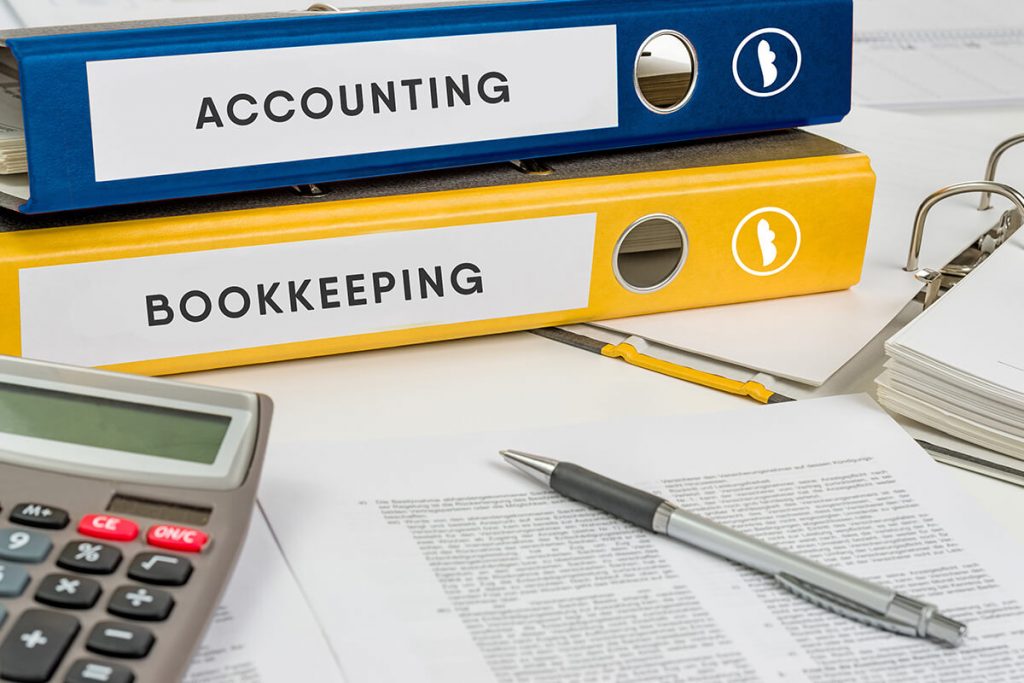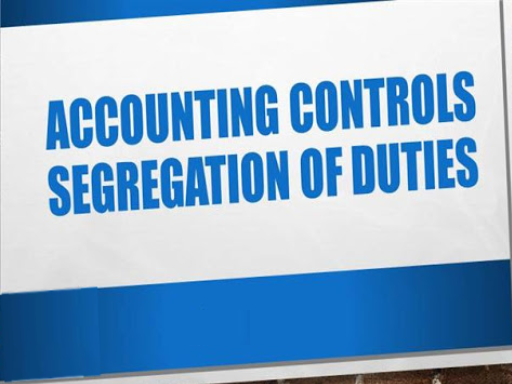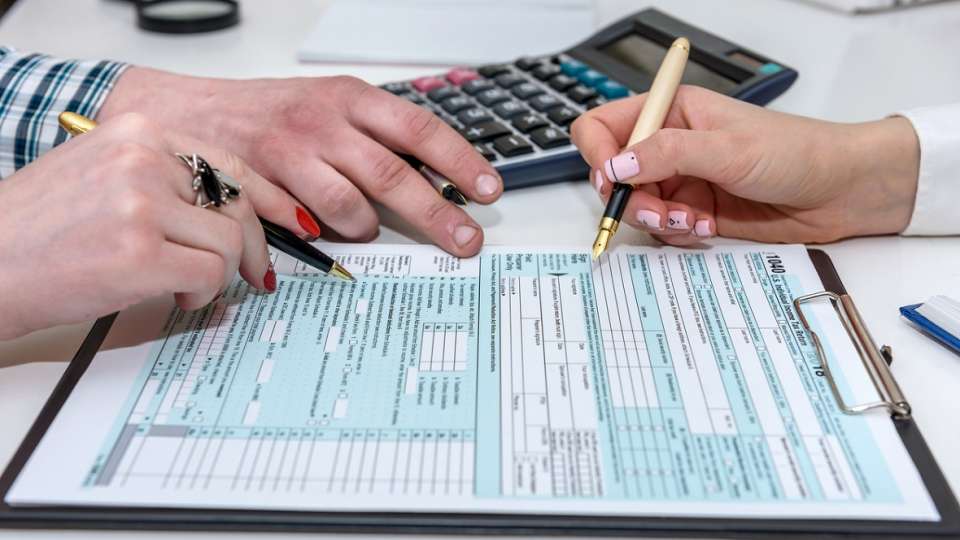A source document is a document that supports and backs a business transaction when the business spends or receives money.
Why is it important to keep Source Documentation?
If you are operating a business, you are obligated under taxation law to keep all records (source documentation) to back any declared income and expenses regardless of the amount. The Australian Taxation Office (ATO) may conduct statutory audits on your business if they feel there are inconsistencies with your financial records, GST and tax lodgements.
Please review the table below for the accounting categories and what source documentation is required for Tax and GST purposes.
| Category | Source Documentation and Record Keeping Requirements for Tax and GST |
| Sales | Sales invoices, including tax invoices | Sales vouchers or receipts | Cash register tapes, credit card statements | Bank deposit books and account statements |
| Purchases | Purchase/expense invoices, including tax invoices | Purchase/expense receipts, which include an ABN | Cheque butts and bank account statements | Electronic Transfer Information | Credit card statements | Records to show working out any private use of something you purchased |
| Year End | Motor vehicle expenses incl Purchase and Selling and Financed Documents | Debtors and creditors lists | Inventory stocktake sheets | Depreciation schedules – capital gains tax records | Share Information (If applicable) |
| Employee – Payroll | Employee’s name and date of birth | Date the employee commenced work with the employer | Names of any federal industrial instrument under which that employee has entitlements | Employee’s job classification under that instrument | Employee’s employment status whether the employee undertakes part-time or full-time work and whether they are engaged as a permanent, temporary or casual employment | If the employee is part-time or full-time, the number of hours to be worked each week | Number of hours worked each day and any breaks taken by the employee | If employee is entitled to overtime loadings under an industrial instrument or a contract of employment – the employee’s start and finishing times and any overtime worked | If the employee has agreed to an averaging of hours, a copy of the written agreement; rate of pay, including the gross and net amounts paid and details of any deductions; any allowances, penalties, loadings, bonuses or incentive-based payments paid, date of payment and period to which the payment relates | Leave taken and leave accrued and details of annual leave which the employee has elected to forego | Superannuation fund name and contributions |
| Employee – Termination | Proof of employee warnings of behaviour and discussions (i.e. Contact Log) | Termination of an employee’s employment, including: the name of the person who terminated the employment; the reasons for the termination how the termination took place (was the employment terminated by consent, by notice, summarily or in some other manner?) and the date of termination |
Record keeping for GST is a little bit different and can be somewhat confusing to businesses. To claim a GST credit, the ATO states that you must have valid tax invoice for the goods and services purchased for your business and can claim GST credits up to $82.50 without holding a tax invoice. Please be aware this does not mean that you do not have to keep supporting documentation for amounts under this threshold as you may not be able to claim them as a deduction against your business income at the end of the financial year. Please consult your Tax Accountant for more information on what you can and can’t claim for taxation purposes regarding your business. For more information regarding record keeping in relation to GST, please review the ATO link below.
Who is responsible for ensuring a business has all Source Documents?
Employees – Any employee who is responsible for the business transaction has an obligation to provide the source documentation for that transaction to the Bookkeeper for processing. For example; if an employee has a Corporate Card they will need to justify each transaction to prove the transactions are business related as any personal purchases made on Corporate Cards for personal use will generally need to be reimbursed back to the business by the employee.
Bookkeepers – Bookkeepers should ensure that all business transactions have source documentation and are processed correctly as per the source documentation. If there is a transaction showing in the business books that does not have any backing source documentation it is generally the bookkeeper’s duty to follow up with the relevant party to obtain the source documentation.
Business Owners – Business Owners need to ensure they have internal policies and procedures in place so that source documentation is provided by those responsible for the transaction and processed accurately by the bookkeeper into the businesses accounting software package. It is ultimately the Business Owner who signs off on the information provided to the ATO regarding is complete and accurate and is liable if found to be inaccurate.
BAS Agents – BAS Agents (may also be your Bookkeeper) are responsible for comprehensively reviewing a business’s BAS information for the BAS period and seeking clarification from the Business Owner regarding unusual transactions prior to the BAS being lodged. The BAS Agent must ensure that all checking is done comprehensively and may conduct quality reviews of processing against source documentation as they cannot be involved in letting unverified GST Claims slip through.
Tax Accountants/Agents – Tax Accountants and Agents rely on a type of specific type of source documentation referred as tax working papers. This is paperwork that is specifically used for the analysis of shareholder continuity prior to the completion of tax returns, preparing a trial balance and tax return reconciliation, completing client tax returns and maintaining documents and files for self-assessment or record retention purposes.
For more information on what is considered a source document in relation to bookkeeping and accounting please review the ATO link below.
Please note: This article is presented from a theoretical perspective only and does not replace the advice of qualified Bookkeepers, Registered BAS Agents or Registered Tax Agents.







